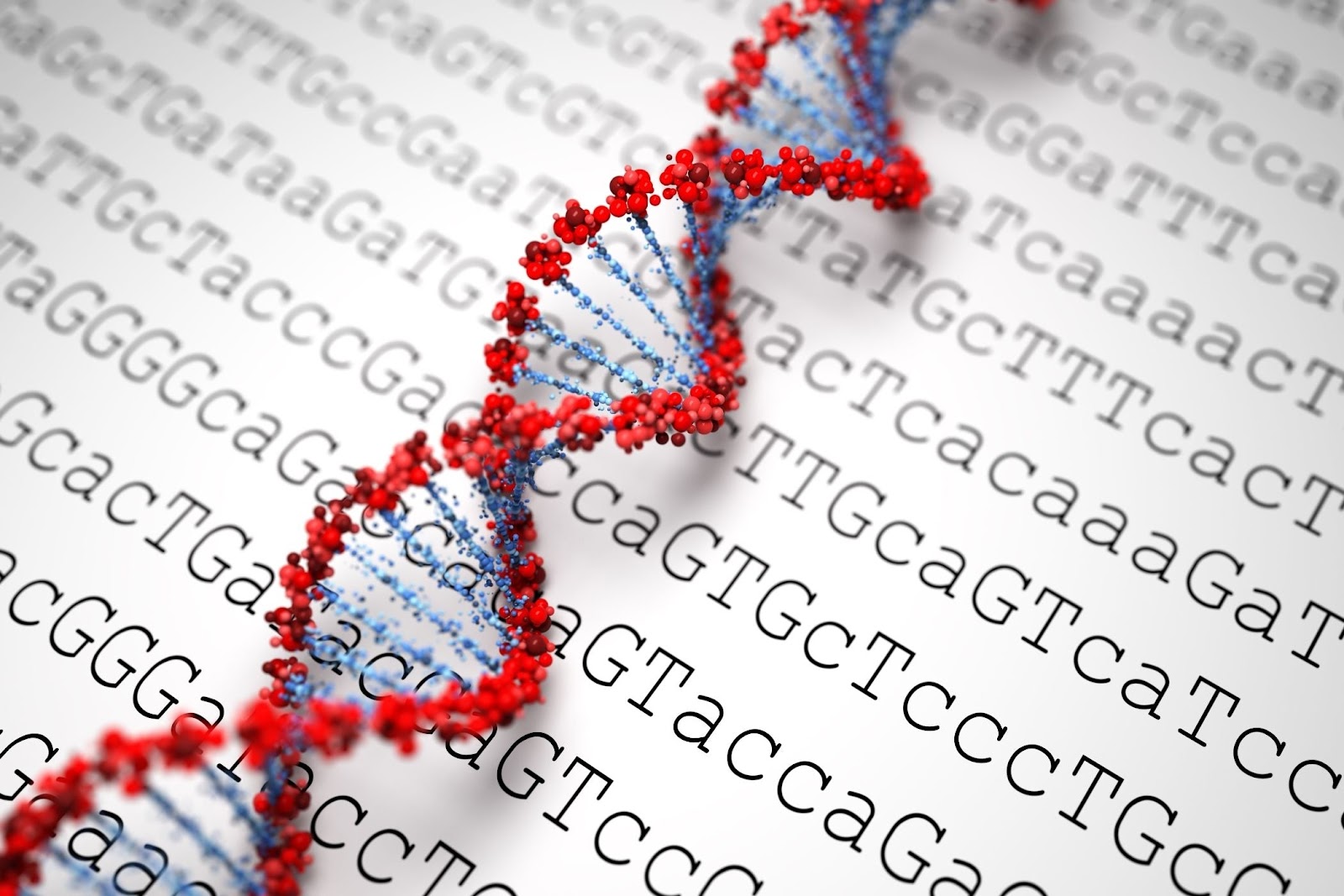Unleashing the Potential: 20 Ways AI is Benefiting Biological Sciences Research
Title: Unleashing the Potential: 20 Ways AI is Benefiting Biological Sciences Research
Introduction:
In the intersection of Artificial Intelligence (AI) and Biological Sciences, a transformative synergy is shaping the future of research. AI's multifaceted applications are revolutionizing how scientists explore the intricacies of life. Let's delve into 20 ways AI is proving to be a powerful asset in advancing biological research.
1. **Genomic Data Analysis:**
AI processes massive genomic datasets, identifying patterns and mutations at a speed and scale impossible through traditional methods, aiding in understanding genetic factors in diseases.
2. **Protein Structure Prediction:**
AI algorithms predict protein structures more efficiently, aiding in drug discovery and understanding the functional aspects of proteins in cellular processes.
3. **Drug Discovery and Design:**
AI accelerates drug discovery by predicting potential drug candidates, optimizing molecular structures, and simulating interactions with biological targets.
4. **Personalized Medicine:**
AI analyzes patient data to tailor treatment plans based on individual genetic makeup, optimizing therapeutic interventions and minimizing adverse effects.
5. **Image Recognition in Pathology:**
AI-powered image analysis enhances pathology diagnostics by recognizing patterns and anomalies in tissue samples, improving accuracy and speed.
6. **Biological Modeling and Simulation:**
AI-driven modeling and simulations help researchers understand complex biological processes, predict outcomes, and simulate experiments in silico.
7. **Metabolomics and Metabolic Pathway Analysis:**
AI aids in analyzing metabolomic data, unraveling metabolic pathways, and providing insights into cellular functions and disease mechanisms.
8. **Natural Language Processing for Literature Review:**
AI facilitates literature reviews by extracting relevant information from a vast array of scientific publications, helping researchers stay abreast of the latest advancements.
9. **Predictive Analytics for Disease Outbreaks:**
AI models analyze environmental and biological data to predict and monitor disease outbreaks, aiding in early detection and preventive measures.
10. **Bioinformatics and Computational Biology:**
AI tools assist in managing and analyzing biological data, enabling researchers to draw meaningful insights from complex datasets.
11. **Clinical Trial Optimization:**
AI optimizes clinical trial design, patient recruitment, and monitoring, streamlining the drug development process and reducing costs.
12. **Automated Laboratory Processes:**
AI-powered robots and systems automate repetitive laboratory tasks, minimizing errors and enhancing efficiency in experimental workflows.
13. **Ecological Monitoring and Conservation:**
AI analyzes environmental data to monitor ecosystems, predict biodiversity changes, and inform conservation strategies for endangered species.
14. **Neuroimaging Analysis:**
AI enhances the analysis of neuroimaging data, aiding in the understanding of brain function and supporting research in neurological disorders.
15. **Pharmacovigilance:**
AI monitors and analyzes real-world data to identify potential adverse drug reactions, contributing to drug safety and post-marketing surveillance.
16. **Cellular Image Segmentation:**
AI algorithms assist in segmenting cellular images, facilitating the study of cell morphology and dynamics in various biological processes.
17. **Automated Literature Curation:**
AI streamlines the curation of scientific literature, extracting relevant information and assisting researchers in staying informed about relevant studies.
18. **Enhanced Data Security and Privacy:**
AI contributes to securing sensitive biological data through advanced encryption, access controls, and privacy-preserving techniques.
19. **Virtual Drug Screening:**
AI conducts virtual drug screening by simulating interactions between drugs and biological targets, prioritizing compounds for experimental validation.
20. **Facilitating Collaboration:**
AI platforms facilitate collaborative research by integrating data from multiple sources, fostering interdisciplinary approaches to complex biological questions.
Conclusion:
As AI continues to evolve, its impact on Biological Sciences research becomes increasingly profound. These 20 applications highlight the versatility of AI in transforming data analysis, experimentation, and decision-making, paving the way for unprecedented breakthroughs in our understanding of life and the development of innovative solutions to biological challenges. The symbiotic relationship between AI and Biological Sciences promises to unlock new frontiers and shape the future of scientific exploration.

Comments
Post a Comment